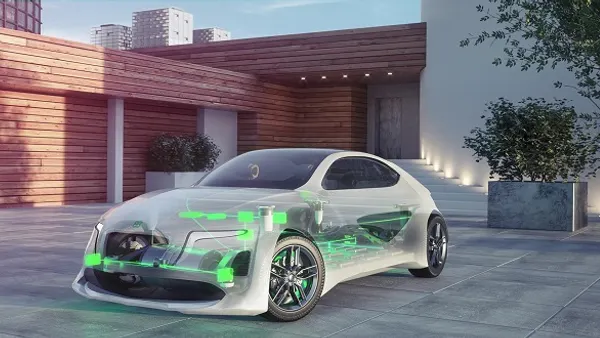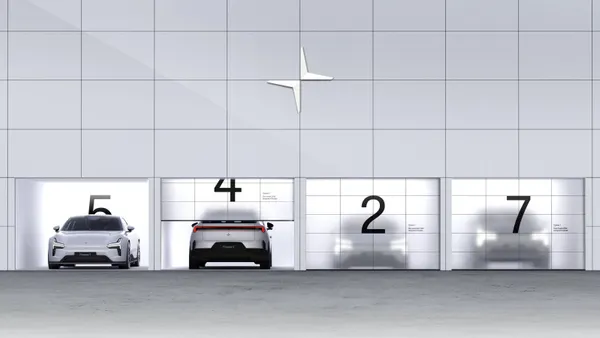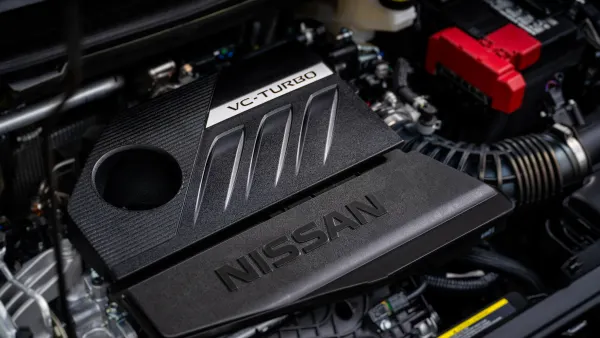European Union lawmakers agree on proposals to impose punitive tariffs against Chinese battery-electric vehicles made by automakers unfairly subsidized by the communist state.
BBC News reports that from today, imports of these BEVs are subject to provisional tariffs, ranging from 17.4% to 37.6% on top of the existing 10% import fee, following an investigation by the European Commission trading body into which brands it felt had benefited most from Chinese government support.
However, trading experts believe that, before the tariffs are imposed, there will now follow four months of behind-the-scenes horse-trading between EU and Chinese officials that could ameliorate the situation with automakers being offered special concessions to open car production facilities within the European Union to escape all of these tariffs.
The EU is the largest overseas market for China’s BEV industry, albeit its own domestic slowdown in consumer uptake is seen in most countries within the economic bloc.
The EU’s decision is mild compared to the U.S. 100% blanket tariff on Chinese BEVs but has more consequences for both trading partners, with Germany’s automakers selling up to a third of their global products in China and operating several production facilities in the country through joint venture companies.
The number of BEVs sold by Chinese brands across the EU rose from just 0.4% of the total EV market in 2019 to almost 8% last year, according to figures from the green lobby group Transport and Environment (T&E). Yet JATO Dynamics reports the current slowdown in BEV uptake by reluctant consumers saw their sales slump 11% year-on-year this May.
Chinese automakers that refused to cooperate with the European Commission’s investigation of subsidies are among the hardest hit by tariff.
For example, SAIC, state-owned Chinese partner of Volkswagen and General Motors and also owner of former British brand MG, is in the firing line for the top rate. At the same time, more cooperation from BYD sees it facing the lowest charge and likely having an advantage over rival Chinese brands in Europe.










